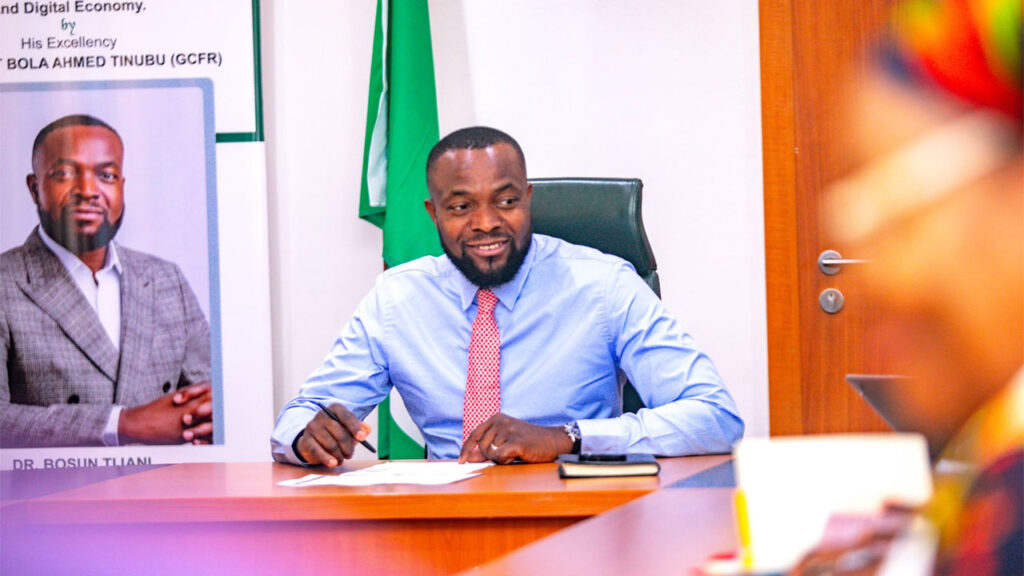
Many PWDs In Nigeria Lack Digital Skills, Group Laments
Governor Babagana Zulum of Borno State has approved the employment of 15 People with Disabilities (PWDs) into the education sector of the state as part of measures to reduce unemployment among the youth.
According to him, the engaged PWDs have all acquired formal education, obtaining Bachelor’s degree certificates, National Certificate in Education (NCE), Diplomas and vocational training certificates.
While approving the appointment over the weekend, in Maiduguri, Zulum noted: “I am delighted to note that despite your disabilities, you are not lazy.”
The governor directed the Commissioner for Education, Lawan Wakilbe, to process their applications for employment for his immediate approval.
“Henceforth, the employed PWDs should be on the payroll of the state government, effective from May 1, 2024,” he directed.
He also directed Wakilbe to review the activities of all the blind schools in the state, with a view to training more people with disabilities.
Earlier in his remarks, the Borno State branch Chairman, Nigerian Association of the Blind (NAB), Mohammed Mustapha, expressed gratitude to the governor for engaging his members in the education sector.
Meanwhile, the Inclusive Friends Association (IFA), a non-profit organisation, has disclosed that most PWDs in Nigeria do not have any digital skill for today’s workspace requirements.
The organisation said apart from tackling the discrimination and stigmatisation suffered by PWDs in Nigeria, there was a need for an inclusive society where the PWDs, regardless of physical ability, could contribute productively.
Programme Officer of IFA, Tracy Onabis, raised the concern during a two-day digital literacy skills training for PWDs organised by the association with support from Disability Rights Fund in Abuja.
Onabis said the workshop, which included providing training on various digital skills to PWDs across the country on email and digital marketing, copy writing, software presentation, among others, would have a significant impact on many PWDs who had already lost hope of getting better jobs.
Stressing the need for every sector to accommodate PWDs, she said they are humans who also have dreams and aspirations but are pulled back because of their disabilities.
Onabis maintained that empowering PWDs with digital skills would enhance their employability and productivity and enable them to attain financial independence.
A participant at the workshop, Hamza Isa, said the training would help him enhance his productivity and make his search for a job easier.
He said: “I have also understood the strategies that I can use in sending information and then how I can convince my audience in order to ensure that they buy into my product or services.
“I hope to use it to advertise my product and also to make myself available for job opportunities. I’m a wheelchair user and going out is always not easy. So, I am hoping to get a job remotely with the skills I am acquiring here.”













